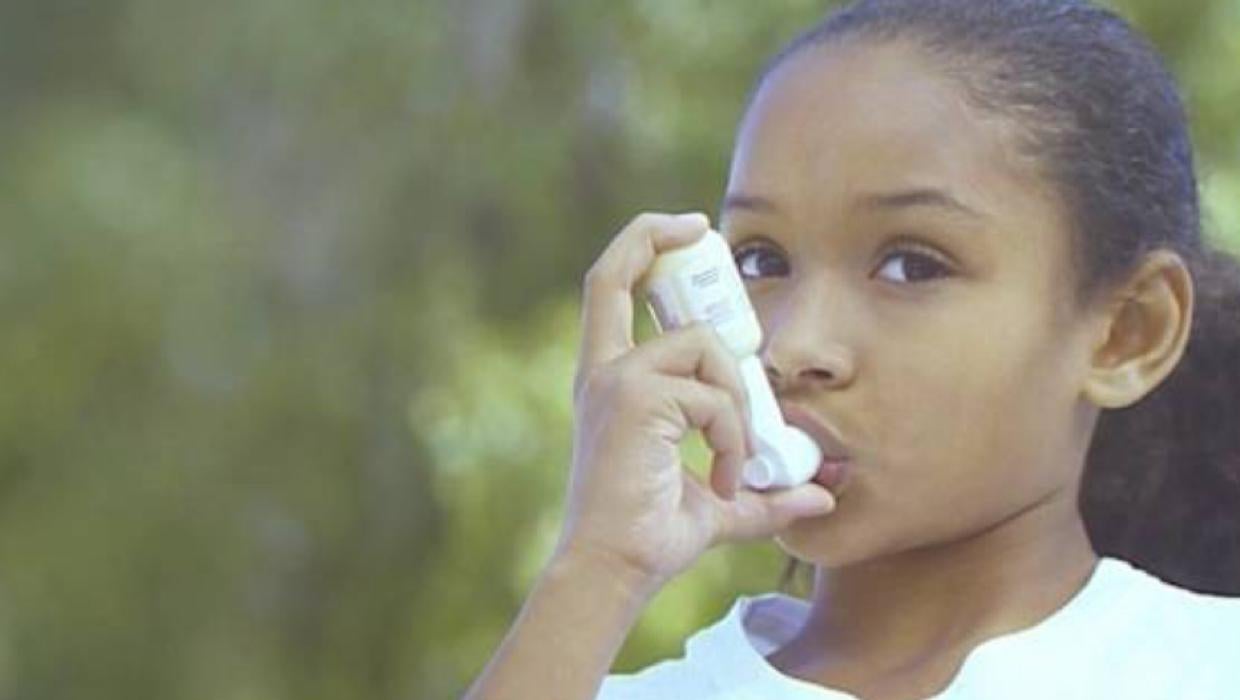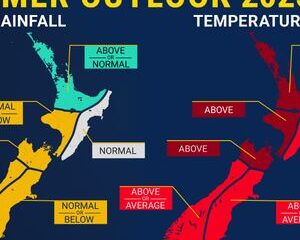Health
New Zealand Study Cuts Childhood Asthma Attacks by 45%

A groundbreaking study from New Zealand has revealed that a new 2-in-1 asthma inhaler can significantly reduce mild to moderate asthma attacks in children by as much as 45%. This finding could have a profound impact on the millions of children worldwide who suffer from asthma, one of the most prevalent chronic conditions among young people.
The study, conducted by the Medical Research Institute of New Zealand (MRINZ) in collaboration with several esteemed institutions including Imperial College London and University of Otago Wellington, involved children aged five to 15. It demonstrated that the inhaler, which combines budesonide—an anti-inflammatory agent—with formoterol, a bronchodilator, outperformed the current standard treatment. Children using this inhaler experienced nearly half the number of asthma attacks compared to those relying on the traditional reliever inhaler, salbutamol.
Data from the trial showed that participants under the new treatment had 18 fewer asthma attacks per 100 children each year, marking a significant advancement in pediatric asthma care. The inhaler was found to be safe, with no adverse effects on growth, lung function, or overall asthma control observed among the children.
The CARE study (Children’s Anti-inflammatory Reliever) underscores the urgency of addressing asthma, which affects an estimated 113 million young individuals globally. Asthma attacks can be not only frightening for children but also disruptive to their daily lives and, in severe cases, life-threatening.
The year-long trial recruited 360 children across New Zealand to receive either the new budesonide-formoterol inhaler or salbutamol for on-demand symptom relief. Professor Bob Hancox, Medical Director of the New Zealand Asthma and Respiratory Foundation, expressed optimism about the findings, noting that they could help alleviate the burden of asthma on families.
While the study’s results are promising, the authors acknowledged certain limitations. Conducted during the Covid-19 pandemic, the research environment featured stringent public health measures that may have contributed to a lower-than-expected rate of severe asthma attacks. Additionally, challenges in accurately identifying asthma attacks in children and potential biases due to the lack of blinding in treatment assignments were noted.
Professor Richard Beasley, director of MRINZ and a senior author of the study, stated that the implementation of these findings could transform asthma management globally. “It has the potential to redefine the global standard of asthma management,” he noted.
Lead author Dr. Lee Hatter, a Senior Clinical Research Fellow at MRINZ, emphasized the importance of bridging the gap in asthma management practices between adults and children. Professor Andrew Bush, a senior respiratory pediatrician at Imperial College London, highlighted the inhaler’s safety for young users, describing it as a significant development in asthma care.
The impact of asthma extends beyond physical health, affecting children’s social and emotional development. Professor Helen Reddel, chair of the Science Committee for the Global Initiative for Asthma (GINA), stressed the need for preventive measures in asthma care, particularly given that childhood is a critical time for establishing lifelong health habits.
The findings from the CARE study have been published in the peer-reviewed journal The Lancet, marking a pivotal moment in the approach to managing asthma in children. As researchers and healthcare providers look to implement these findings, many families may soon find themselves breathing a little easier.
-

 World1 week ago
World1 week agoPrivate Funeral Held for Dean Field and His Three Children
-

 Top Stories2 weeks ago
Top Stories2 weeks agoFuneral Planned for Field Siblings After Tragic House Fire
-

 Sports3 months ago
Sports3 months agoNetball New Zealand Stands Down Dame Noeline Taurua for Series
-

 Entertainment3 months ago
Entertainment3 months agoTributes Pour In for Lachlan Rofe, Reality Star, Dead at 47
-

 Entertainment2 months ago
Entertainment2 months agoNew ‘Maverick’ Chaser Joins Beat the Chasers Season Finale
-

 Sports3 months ago
Sports3 months agoSilver Ferns Legend Laura Langman Criticizes Team’s Attitude
-

 Sports1 month ago
Sports1 month agoEli Katoa Rushed to Hospital After Sideline Incident During Match
-

 World2 weeks ago
World2 weeks agoInvestigation Underway in Tragic Sanson House Fire Involving Family
-

 Politics2 months ago
Politics2 months agoNetball NZ Calls for Respect Amid Dame Taurua’s Standoff
-

 Top Stories2 weeks ago
Top Stories2 weeks agoShock and Grief Follow Tragic Family Deaths in New Zealand
-

 Entertainment3 months ago
Entertainment3 months agoKhloe Kardashian Embraces Innovative Stem Cell Therapy in Mexico
-

 World4 months ago
World4 months agoPolice Arrest Multiple Individuals During Funeral for Zain Taikato-Fox



















